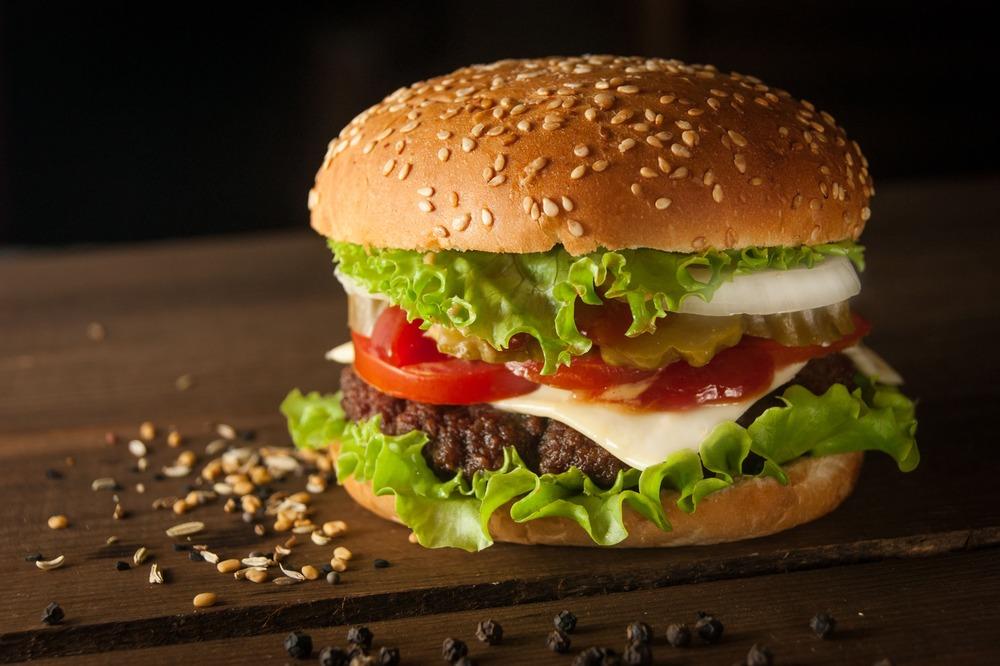STUDY FINDS THAT A WESTERN-STYLE DIET IMPAIRS BRAIN FUNCTION IN AS LITTLE AS ONE WEEK

In a study that came out February 19, 2020, it's suggested a western-style diet induces impairments in hippocampal function along with poor appetite control in animals.
When tested on humans, they found similar results.
What's Important: The Western-Style diet (WS-diet) is defined as a diet being high in saturated fat and added sugar. For example, a fast-food burger, fries, and a sugary soda would fit the definition of this type of diet. The burger and fries are high in saturated fat and the soda is high in sugar.
The researchers studied how the WS-diet affected memory (hippocampal-dependent learning and memory, aka: HDLM) and appetite control when tested against a control group.
- 110 young, lean, and healthy participants were randomly assigned to 4 days of a healthy control breakfast, or a week of Western-style breakfasts.
- All of this was consumed in a lab under supervision.
- Before and after the study, the individuals underwent hippocampal-dependent neuropsychological testing to see if the diets had an effect.
Straight from the study:
"The key finding of this study was that relative to controls, those in the Western-style breakfast group performed more poorly on one test of HDLM (Hopkins verbal learning task; but not on another, logical memory), while showing no change on control tests (forward and backward digit span). These data provide the first and as yet only demonstration in humans—paralleling animal studies—that brief exposure to a WS-diet causes impaired performance on a test of HDLM."
The control group was consuming a so-called habitual diet, which from the study, tells us it was a ‘healthy diet’ without much more in terms of definition.
- Both groups got to view a palatable snack food and then reported how much they wanted to eat the snack (this is labeled as wanting).
- Then they got to taste each snack
- Then they rated their experience by how much they liked the snack and if they wanted more (this is labeled as liking).
After tasting the snacks, the trial begins.
Both groups would eat a meal: one group having a healthy, habitual diet meal and the other group having the WS-diet meal. These meals were defined as filling, meaning they would normally be satisfied and not feel the need to eat more.
After the meal, they came back to the original test of wanting and liking.
There were three outcomes:
- For those consuming the healthy diet, wanting a snack declined more than the liking. This means that after a meal, most participants remember liking the food but didn’t want to actually eat it. This serves as a form of appetite control based on the fullness of the meal.
- Those who consumed the WS-diet exhibited a smaller difference between wanting and liking than those eating a healthy diet. In short, even though they were full, they were still interested in the snack they remembered liking, despite being full from the prior meal. This serves as a loosening of appetite control.
- Thus, the smaller changes in wanting versus liking the more likely one is able to control appetite, and more likely to overeat on a hyper palatable snack, despite being full.
Noteworthy: this study suggests those who ate the habitual healthy diet were less likely to want a snack the more they ate of a healthy meal. But those who consumed the WS-diet were more likely to want a snack, which is translated to a loosening of appetitive control.
The Takeaway: As a result, they believe that a Western-Style diet impairs one’s ability to rely on their natural signals of feeling full, resulting in the process of overeating.










